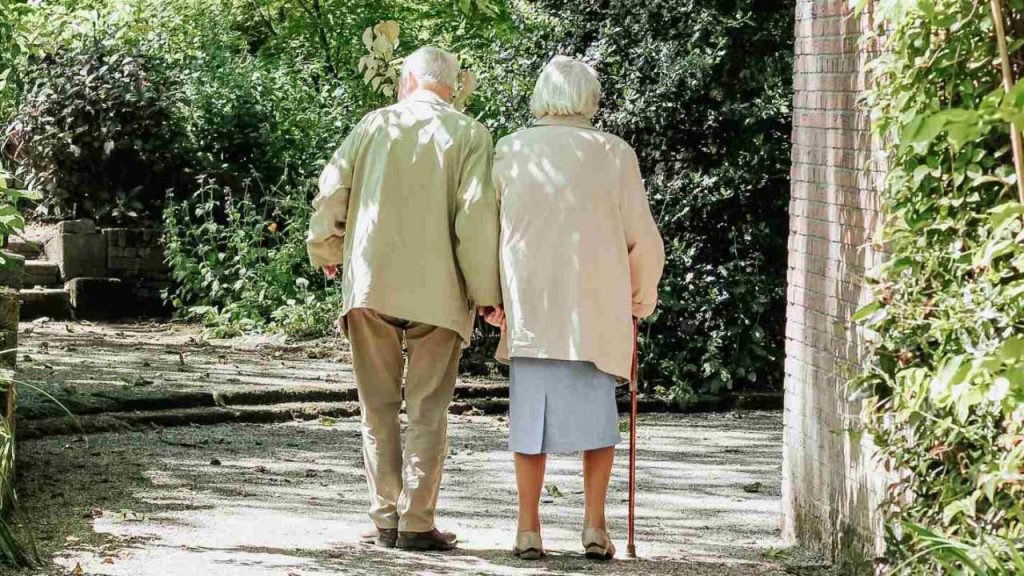Data from the CDC shows that in 1900, an average American could expect to live 47.3 years from birth (https://www.cdc.gov/nchs/data/hus/2010/022.pdf). That doesn’t sound too great, does it? Certainly not by today’s standards.
Travel forward 100 years, and average life expectancy would rise to 76.8 in 2000. It’s grown more since then. That’s pretty astonishing. Not only that, but the quality of most people’s lives today is much better than it used to be.
Now, these statistics are a little more complicated than they look. If you start breaking them down by gender and race, white women have the best longevity while black men have the worst, in America at least (though the discrepancy is slightly lower than it used to be). There are a lot of reasons for this, and understanding them can help us try to continue the quest to further improve people’s lifespans.
You can’t just point to one thing and say that’s what makes people live longer or that it explains discrepancies between groups of people. You have to take a more nuanced approach. Just how much is influenced by biology, and how much is about environment and culture?
For example, gender stereotypes can lead to men being reluctant to be perceived as “weak”. That may mean they’re less willing than women to seek help if they’re feeling sick. What could have been a mild and easily fixed problem can become a major issue if not treated promptly. Stereotyping doesn’t just affect patients, either. It might impact how well a doctor listens to you and if they’ll take your concerns seriously.
Then you’ve got environment and the way historic inequalities continue to have a disproportionate impact on certain groups of people. Poverty’s an insidious thing, and it can lead to worse health outcomes in pretty much every way. You can’t afford healthy food (or it’s not even available in your local store), you have to work multiple jobs, often in poor conditions, and you have less access to medical care. It all adds up.
If you live in Southern Europe, you may be able to take advantage of what’s known as the Mediterranean diet, with lots of fruit, vegetables and olive oil, to improve long-term health. Some countries have comprehensive social care systems to support the elderly. All around the world, a host of factors can influence longevity.




